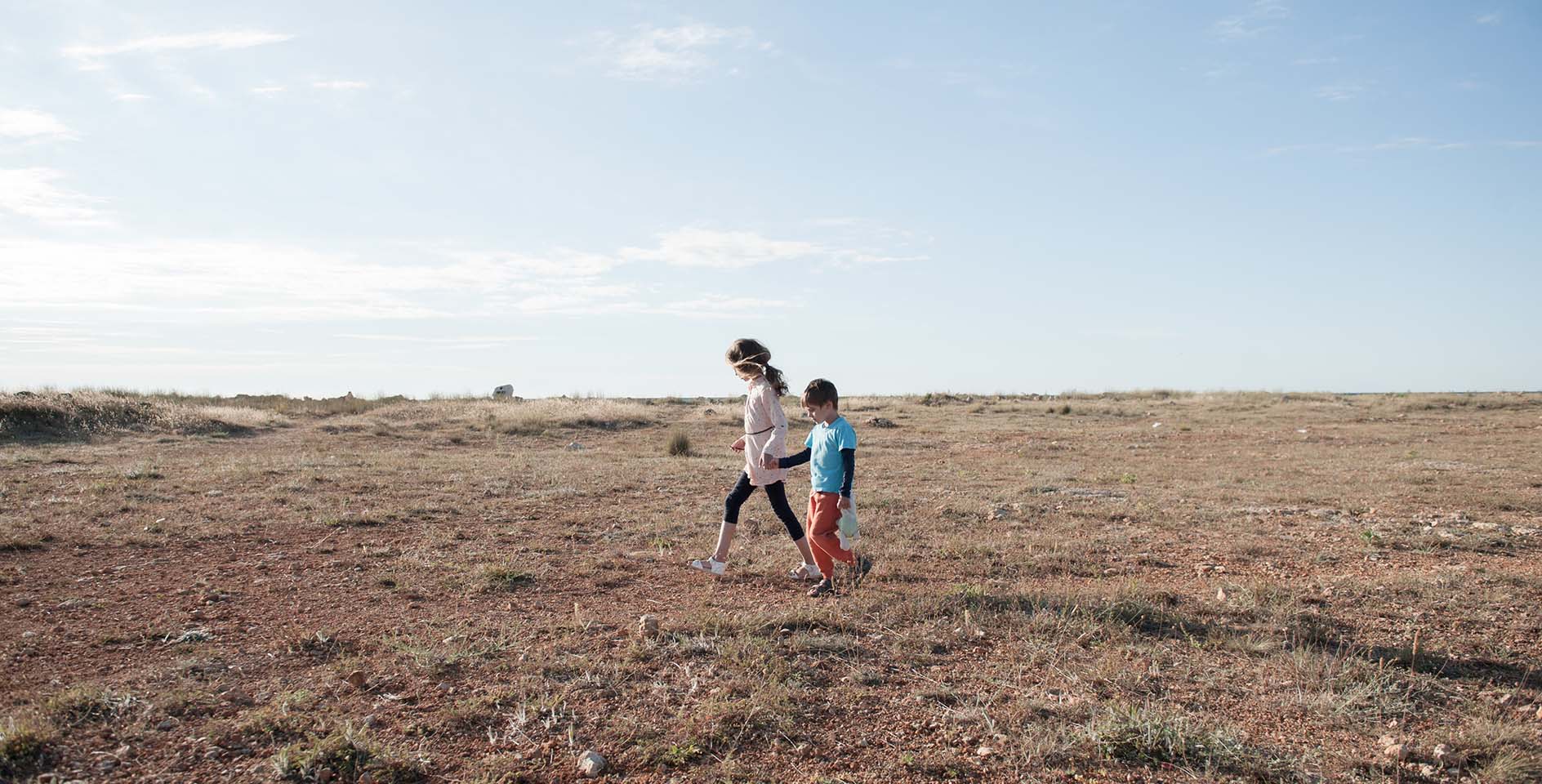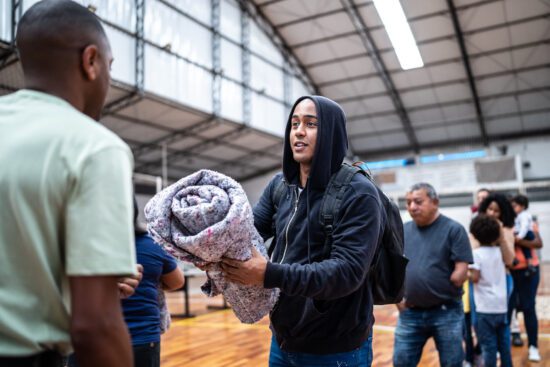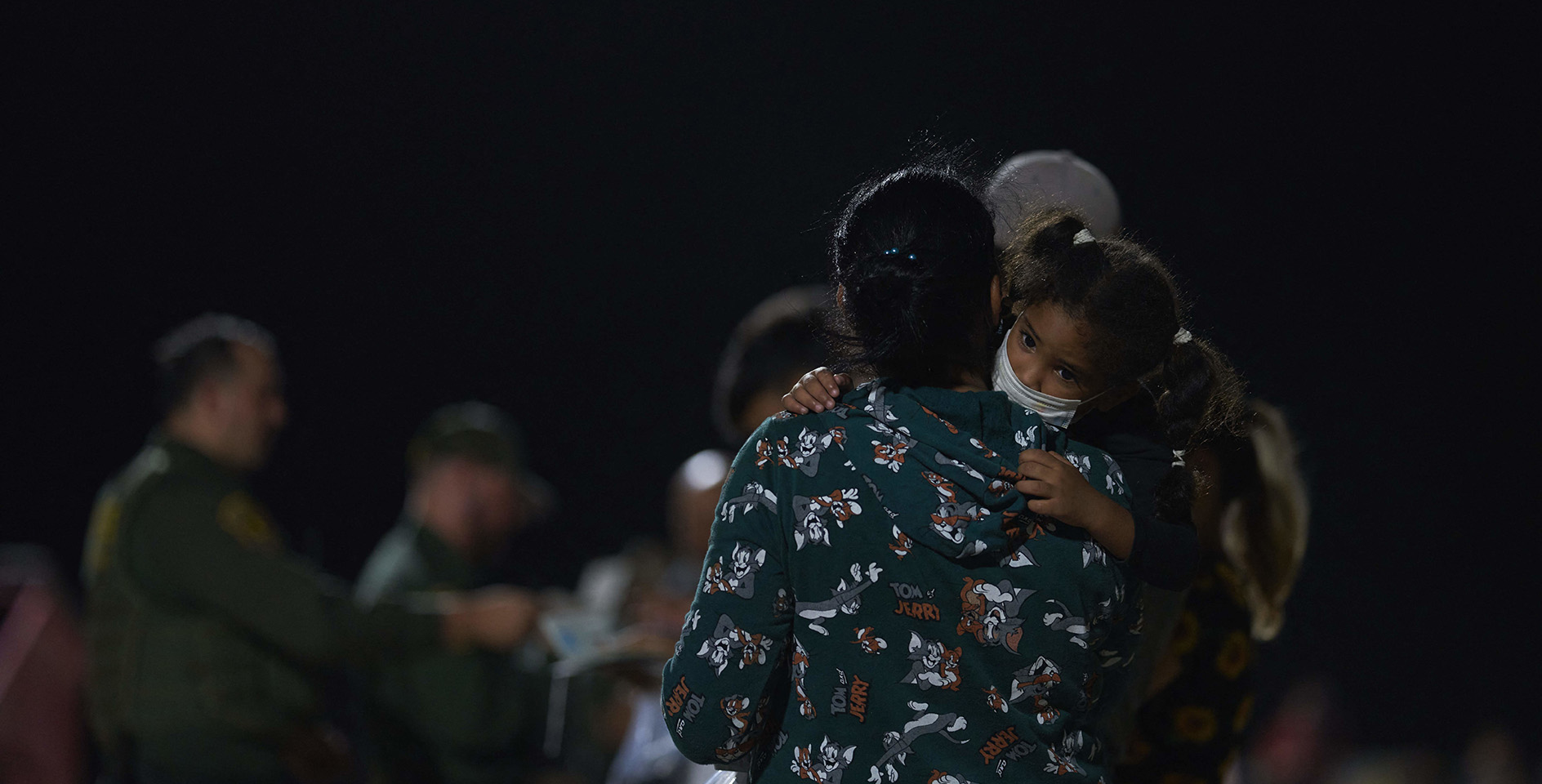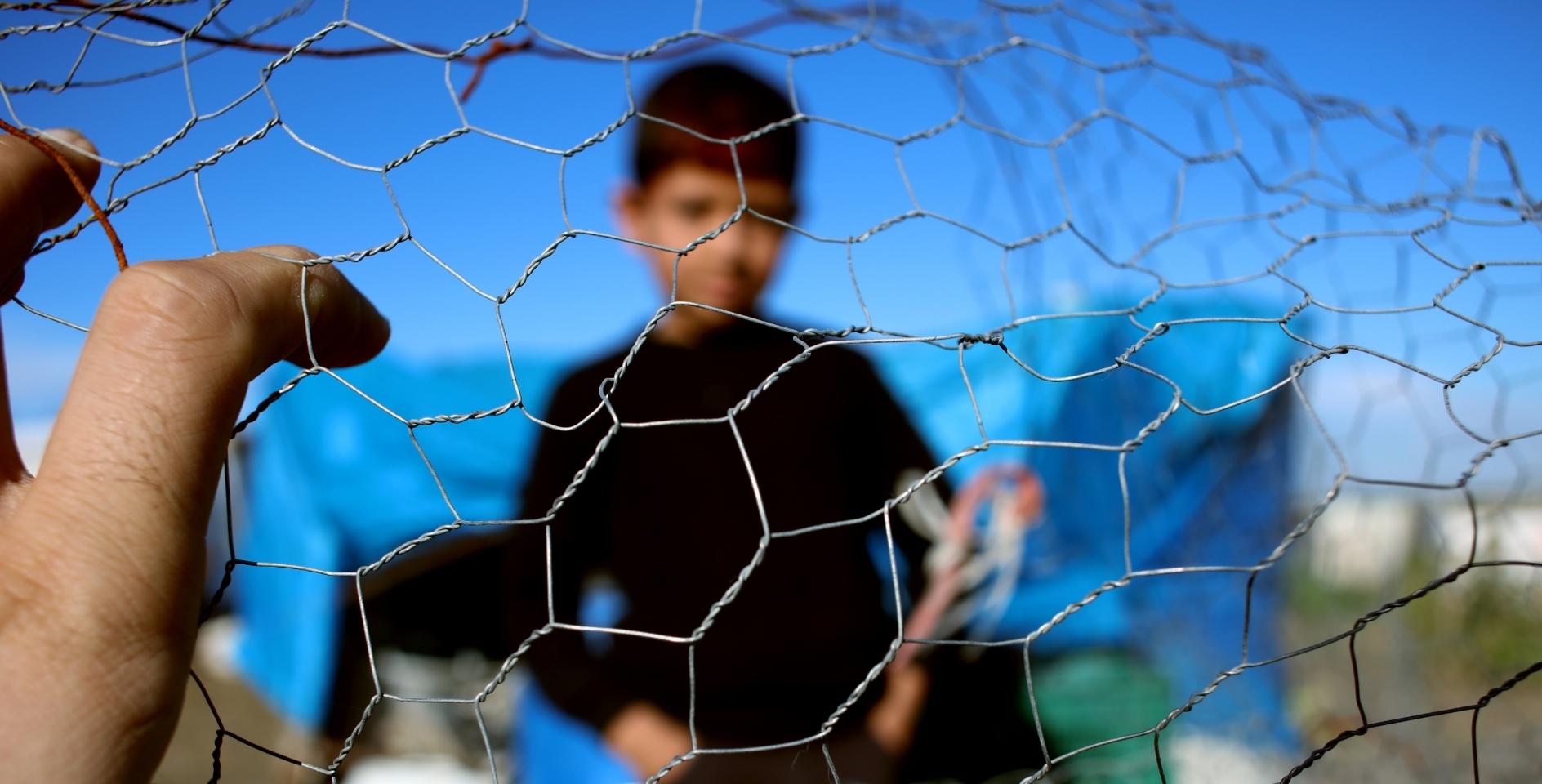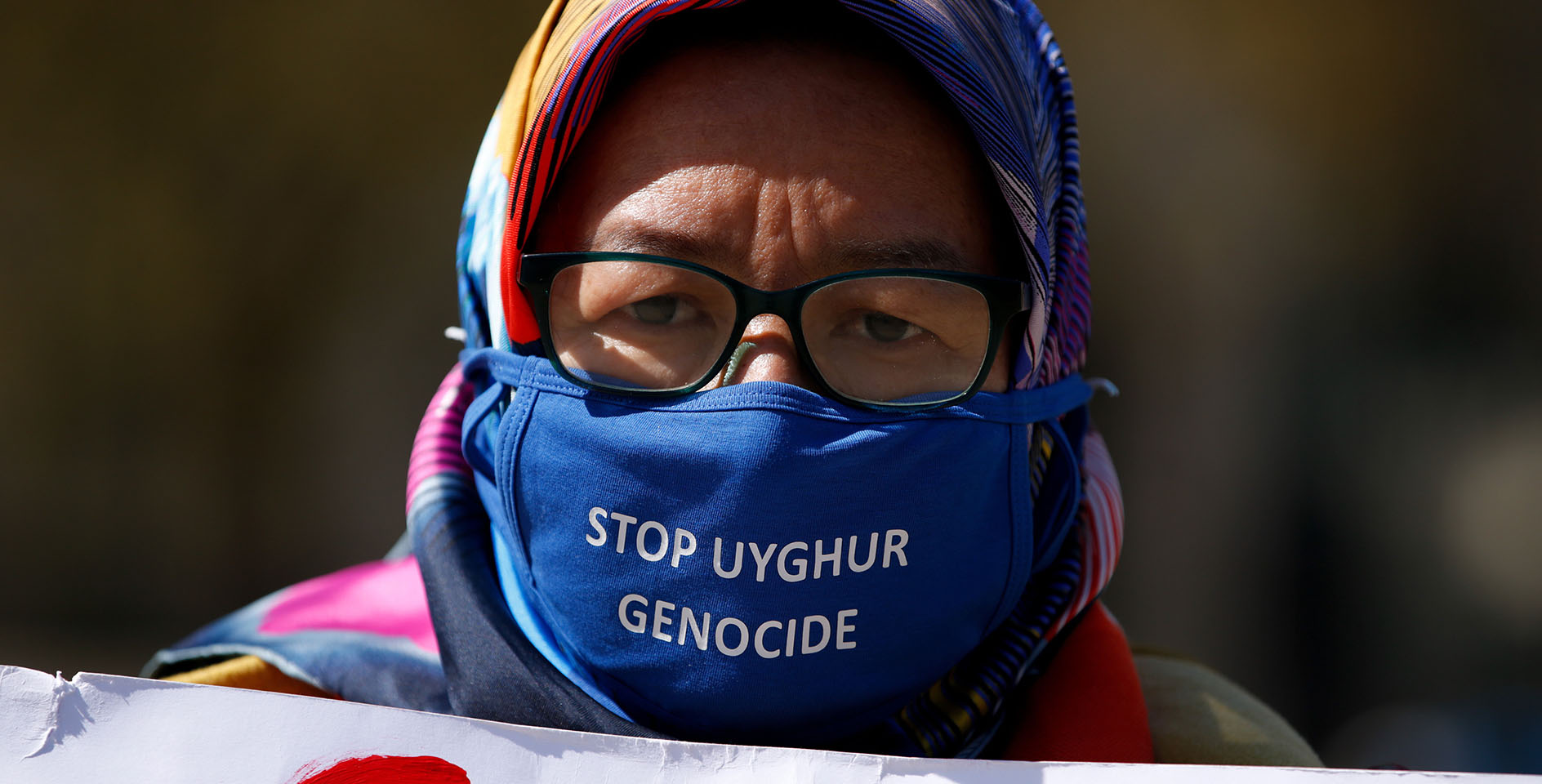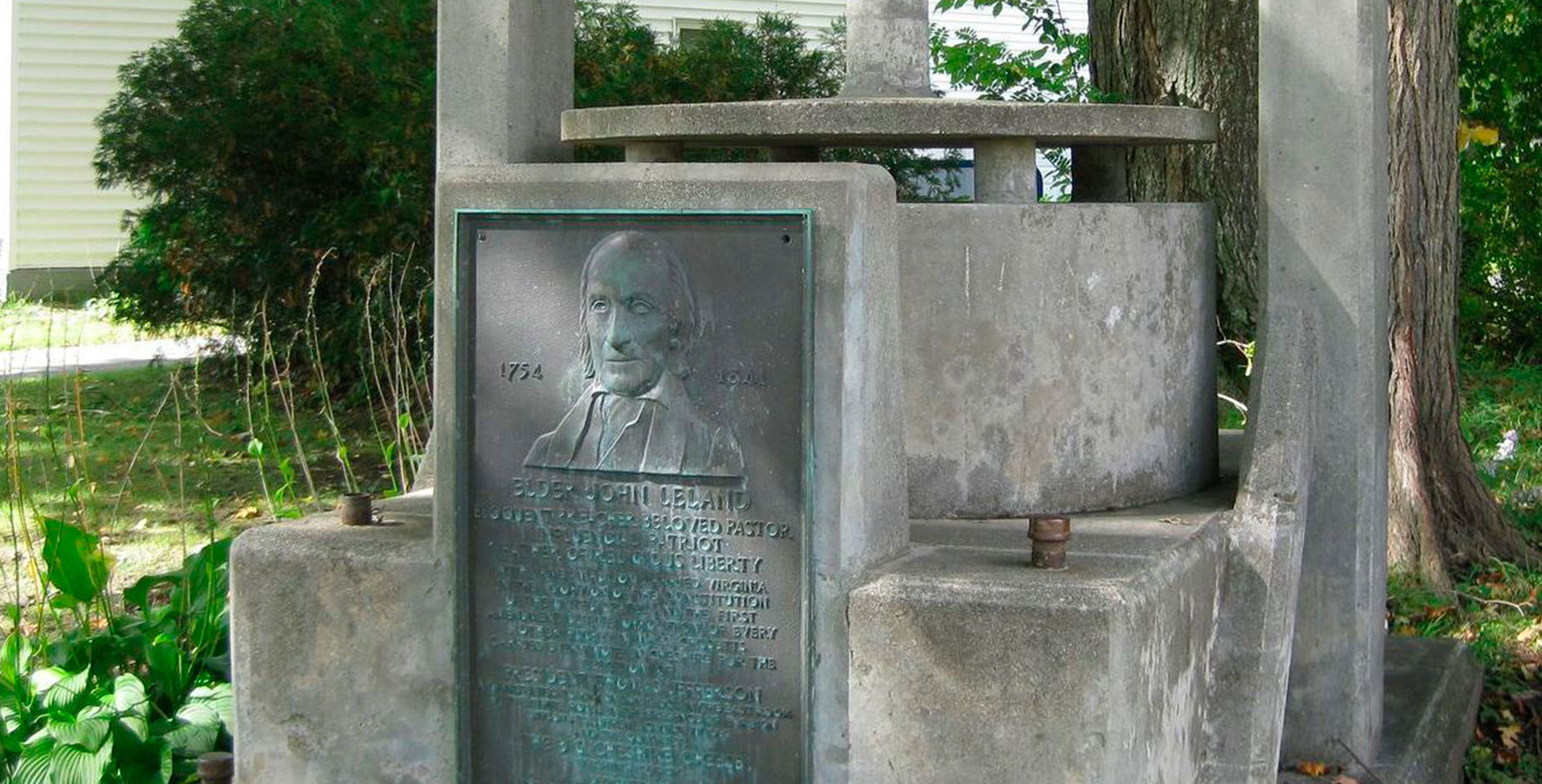With more than 26 million refugees and over 82 million forcibly displaced people in the world today, how Christians and churches see migrants and refugees is vitally important. What we believe about God’s mission to seek, save, and reconcile the world to himself through Jesus is revealed, in part, by how we see migrants and refugees when it comes to ministry, care, and concern for them as people made in God’s image and loved by him. For American Christians, the global refugee crisis and presence of vulnerable migrants and asylum seekers at our southern border provides us an opportunity to transcend political and cultural controversies in order to minister and love in the name of Jesus.
In Leviticus 19:33-34, God says to Israel, “When a foreigner resides among you in your land, do not mistreat them. The foreigner residing among you must be treated as your native-born. Love them as yourself, for you were foreigners in Egypt. I am the Lord your God.” This same ethic was reflected by Jesus in his Parable of the Good Samaritan (Luke 10:25-37). This was a specific command for the covenant people of God in ancient Israel, and while modern nation-states have unique responsibilities related to borders and security, the church embodying the character and mission of God has corresponding responsibilities and opportunities when it comes to ministry, mercy, compassion, and justice for the sojourner.
Personalizing our country’s border crisis
Back in 2018 when migrant children, families, and individuals traveling to our southern border were in the news, I remember the concern expressed by many. It can feel overwhelming and scary when we see news reports of large numbers of people coming to our borders to ask for entry. I had worked with immigrant and refugee ministry and advocacy for a few years, but the more cable news I watched and the more images I saw, the more concern I had about what was happening with these new people coming—and the more concern I heard from my neighbors, friends, and other Christians.
What I didn’t yet understand is that a large portion of the people I saw in the news at that time were not trying to come illegally. Many were coming here to claim asylum, which involves a legal process of presenting oneself on United States soil to ask for protection from violence and persecution on the basis of race, religion, nationality, membership in a particular social group, or political opinion. The right to claim asylum is established in U.S. Code and is longstanding federal law. Once the request has been made and credible fear has been established by border patrol officers trained in this regard, the asylum seeker is to have their case heard before a court that will judge whether or not the petitioner is granted asylum and allowed to stay.
But, there was something more important at work for me personally than how our country manages its borders, as vital as that is. As I prayed about all of this, I realized that for me as a Christian and as a private citizen who is not a state agent or Border Patrol officer, I should think first about migrants and asylum seekers as people, as those God desires to come to him, and about opportunities to partner with Christians at the border in ministry. I believe that order at the border is an important part of caring for migrants, as well as providing security for a nation’s citizenry, but, while our government has clear responsibilities in maintaining order and security at our border, which we should support and encourage, the church also has a role in ministering to people in the midst of crisis. Border security and order provided by the government is not mutually exclusive to the church engaging in gospel and compassion ministry to those who come to us seeking refuge.
Remembering how Jesus responded to the crowds who were harassed and helpless, how he was moved with compassion for them, and how he instructed his disciples to pray that the Lord of the harvest would send out workers into the harvest field (Matt. 9:35-38) will help frame our views of those who come to our borders seeking help. While some rejected the desperate crowds, Jesus saw people he could minister to and love. We can do the same.
Ministry on both sides of the border
I made my first trip to the border at Nogales, Arizona, in late summer 2018 and then to Tijuana in December of that year to visit ministries that were serving migrants from all over the world. I went to El Paso in 2019. Then, as I moved out to California to pastor a church that year, I went back to Tijuana to view what was happening with churches doing ministry there. I began to see the border as a place where people from many nations gathered and where churches on both sides worked behind the scenes to care for those in need, to pray, and to share the love and gospel of Jesus while people waited for legal entry.
I learned that many of the people who come to the border are already evangelical Christians or come to faith in Christ as they encounter churches who are opening their sanctuaries, homes, and lives to migrants, refugees, and asylum seekers (See World Magazine reporting from Sophia Lee in 2019 explaining border ministry in the Las Cruces-El Paso area). Instead of seeing the border primarily as a place of fear and chaos, I began to also see it as a place where human need and desperation meets the ministry of the church as it holds out the life and hope of Jesus in the midst of a raging storm. God is at work in and through his people in the borderlands.
In work led by Juvenal Gonzalez working with the San Diego Baptist Association and Mexican Baptist churches, I have seen people from many nations receive food, shelter, love, and the gospel at the El Chaparral Gate in Tijuana while they live in tents and wait. I joined with Ed Litton, current SBC president, and other SBC leaders in August 2021 to connect again with this ministry and to provide care, hope, and breakfast to hundreds of migrants who were there waiting for a chance for their asylum claim to be heard. Recently, Gonzalez and the churches on both sides of the San Diego-Tijuana border fed and ministered to hundreds of Ukrainian refugees a day who traveled to Tijuana to wait and petition for protection in the U.S. California Baptist Disaster Relief, Send Relief, and the North American Mission Board (NAMB) stepped in and provided assistance as well.
In October of 2021, I visited the El Paso Migrant Ministry Center at Scotsdale Baptist Church that works in partnership with the El Paso (TX) Baptist Association. I saw a church that transformed their facility to make room for migrants that U.S. Immigration and Customs Enforcement (ICE) and Border Patrol brought to them for care. The ministry center now works with NAMB to receive teams and volunteers from around the country to minister to the dozens of migrants who are brought to them each day.
I have visited churches and seen ministries in border towns that altered their ministries to make room to provide places for people to stay while they transition to other parts of the country. While I’ve never visited Brownsville, Texas, I’ve heard about the ministry of West Brownsville Baptist Church and others who have cared for and seen many come to Christ through the work of receiving migrants. Just last fall, I heard from Mexican border officials in Juarez, across the border from El Paso, tell us that the churches on the Mexico side were making all the difference in providing care and ministry during the migrant surges. When the Mexican government doesn’t know what to do with the people who come to them, they turn to the churches for physical and spiritual help and resources. The U.S. government often does the same thing.
Christians along the U.S.-Mexico border are acting in the name of Jesus to bring hope and order out of chaos, pain, displacement, rejection, and desperate need. When I ask pastors on both sides of the border why they engage in this ministry of welcome, they are always confused by the question. They’ve told me that they do this because this is what Jesus does and it is who he is. They see no other way to follow him in their context than to welcome and minister to the stranger who comes to them.
This kind of ministry doesn’t just happen along the border. It is happening everywhere, from South Carolina to California. Recently, I spoke with an Afghan man in Northern California who told me that many of the Afghan refugees he’s met know they are being received and treated well in America because of the influence of Christians and churches who follow the Bible and are welcoming and loving from the heart. This man was not a Christian, and he came from a Muslim background, but he said it was clear that the teachings of Jesus had an influence on how Christians welcomed his fellow countrymen. He recounted stories of pastors bringing Afghan refugees to his store to buy supplies for them with their own money. This left an impression on him as he recognized that their faith led them to act in kindness toward others. He let us pray with him at the end of our conversation.
More migrants coming?
We will continue to have opportunities to welcome and minister to immigrants and refugees in the name of Jesus, either at the border or in towns across our country. The COVID-19 pandemic public health order called Title 42, which allowed the U.S. government to suspend asylum law and expel migrants without hearing their claims in court, is set to expire in late May. With this potential change in policy and the possible full renewal of the Migrant Protection Protocols (MPP or Remain in Mexico), expectations are rising that there will be a significant increase in the number of migrants coming to our southern border seeking asylum and refuge.
While concern grows over this development, churches on both sides of the border will continue to represent Christ and minister to people in need who come to them. In addition, churches all over the country have the opportunity to join with these border churches and ministries to support their ongoing front-line work in ministering to the sojourner. While our government and Border Patrol have a job to do in keeping order and security as they manage the border, battle cartels and human and drug smuggling, and enforce our laws, the church also has a role in helping those in deep need who enter our country. And, with the arrival of Ukrainian and Afghan refugees over the past several months, along with others from around the world, the opportunities to receive and minister to the nations that have come to us are potentially greater than ever before. To learn more about this, you can watch the recent webinar hosted by the ERLC.
As the world continues to experience wars and rumors of wars, natural disasters, corruption, and persecution, Christians in America have an opportunity to welcome refugees fleeing violence and support fellow believers engaging in ministry along both sides of our own southern border. Our first response to migrants and refugees should not be fear or rejection. Instead, we should prayerfully ask God what he might be doing through these circumstances and how we can join him to tell a better story by bearing the burdens of others and thus fulfill the law of Christ (Gal. 6:2).



